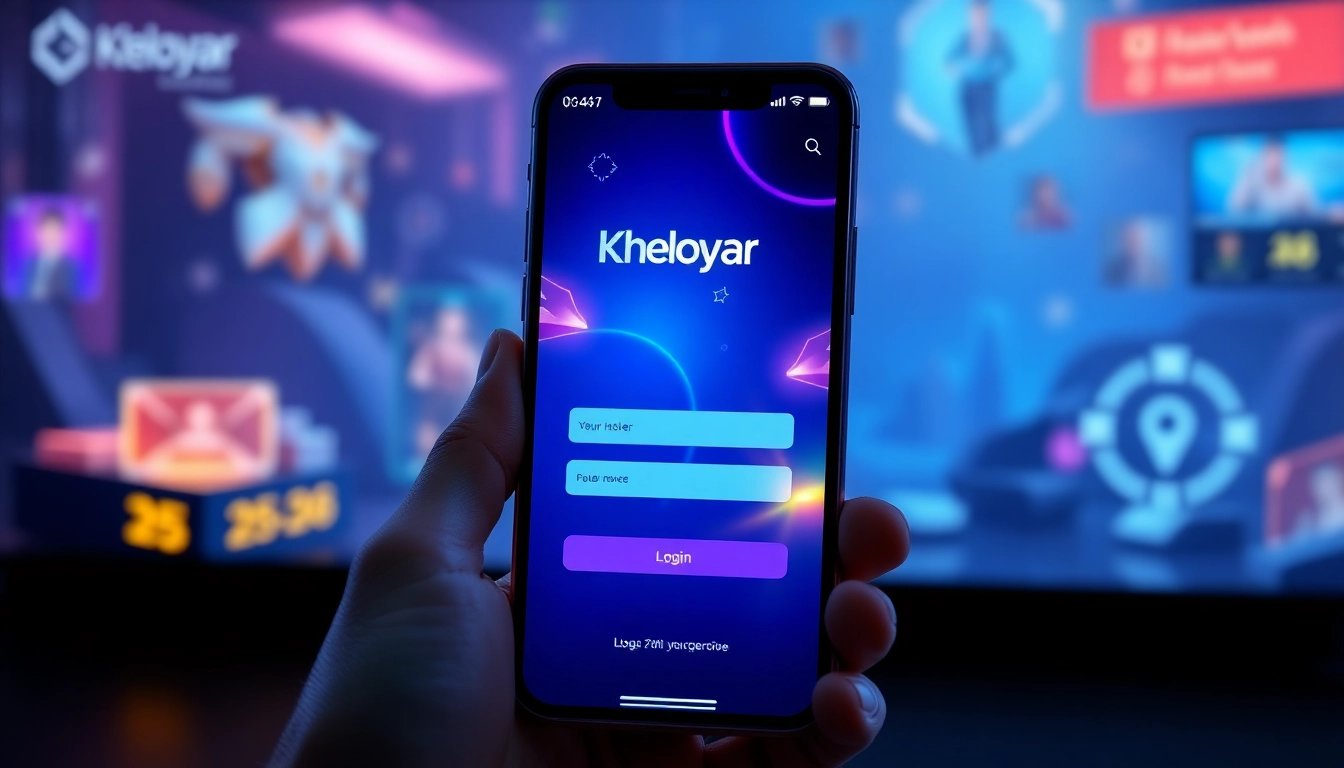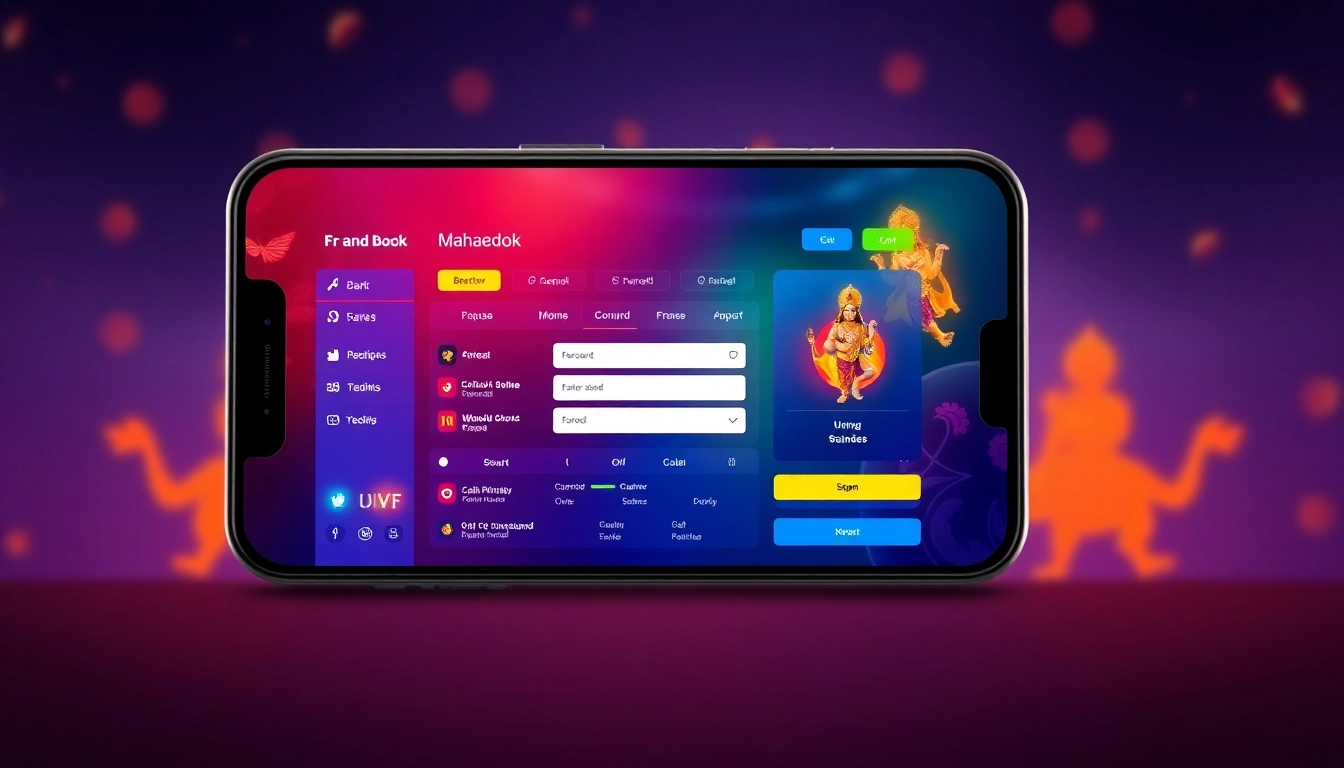Understanding the Need for a Note-Taking CRM in Student Life
Challenges faced by busy students in managing notes
In today’s fast-paced academic environment, students are often overwhelmed with multiple responsibilities—from attending lectures and preparing for exams to participating in extracurricular activities and managing part-time jobs. Underlying these pressures is the fundamental challenge of effectively organizing numerous notes across different subjects and projects. Many students find themselves juggling scattered notebooks, digital files, and bookmarking systems that often result in misplaced information or information overload.
Traditional note-taking methods—pen and paper, simple digital documents, or fragmented apps—fail to provide a cohesive view of a student’s academic landscape. This fragmentation makes it difficult to quickly locate specific notes, track progress, or integrate notes into a broader study plan. Moreover, busy students struggle with maintaining consistency in their note organization, leading to less efficient revision and increased stress during critical exam periods.
Additional challenges include balancing multiple calendars, deadlines, and task lists, which can become overwhelming without a centralized system. These hurdles underscore the need for a comprehensive solution that not only captures notes but also streamlines academic workflows, enhances recall, and reduces cognitive load—making the educational journey more manageable and effective.
In light of these challenges, many students have turned to integrated tools or systems that combine note-taking with task management—commonly known as CRM (Customer Relationship Management) tools, adapted to fit academic needs. This leads us to the innovative concept of a note-taking CRM tailored explicitly for the busy student—such as Orvo – Best Note-Taking CRM for Busy Students. Such platforms aim to fill the gaps left by traditional note apps, fostering a cohesive, efficient, and personalized learning environment.
Benefits of integrating a CRM into note-taking routines
The integration of a CRM into the note-taking process revolutionizes how students manage their educational data. Unlike standalone note apps, a CRM provides a centralized platform that combines data organization, task management, and seamless communication—all tailored to academic workflows. Here are some of the key benefits:
- Enhanced Organization and Retrieval: CRMs typically come with advanced tagging, categorization, and filtering features, enabling students to find notes instantly. This reduces time wasted searching and allows quicker access to relevant information during study sessions or exams.
- Contextualized Data Management: Notes are stored alongside related tasks, deadlines, and project milestones, offering a holistic view of academic progress. This contextualization makes it easier to prioritize and plan effectively.
- Automation of Reminders and Due Dates: Automated notifications ensure students never miss important deadlines, exams, or study sessions, fostering better time management and reducing last-minute cramming.
- Improved Learning and Recall: Combining note-taking with task tracking promotes active engagement with study material, reinforcing memory and understanding through timely review and revision.
- Streamlined Collaboration: For group projects or study groups, a CRM facilitates sharing notes, delegating tasks, and maintaining clear communication channels, fostering collaboration skills essential for academic success.
- Personalized Learning Journeys: With customizable structures, students can tailor their note system to match their unique learning styles and course requirements, thus optimizing efficiency.
Integrating such a system isn’t just about convenience; it’s about transforming scattered academic efforts into a cohesive, strategic approach to learning and productivity. This holistic management leads to higher grades, reduced stress, and more free time for personal growth and extracurricular pursuits.
Key Features of Orvo as the Best Note-Taking CRM for Students
Intuitive interface designed for quick note capture
At the core of any effective note-taking tool is ease of use. Orvo boasts a user-centric interface designed explicitly for students on the go. Its clean, minimalistic layout allows users to capture notes swiftly, whether typing, dictating, or scanning handwritten materials. The interface minimizes friction, enabling students to document insights immediately during lectures, seminars, or study sessions without disruption.
Features such as customizable templates and quick-access buttons make note entry even faster, ensuring that students don’t lose critical moments of understanding or inspiration. Furthermore, real-time syncing across devices guarantees that notes are always accessible, whether on a laptop, tablet, or smartphone—empowering students to study anytime, anywhere.
Customizable organization systems for class notes and projects
One size rarely fits all when it comes to student note-taking. Orvo recognizes this by offering highly customizable organizational frameworks. Students can set up dedicated folders for each course, project, or topic, and further subdivide these into modules, sections, or subsections. Tags and color coding add another layer of flexibility, making it effortless to categorize notes by themes, importance, or need-to-review status.
Such granularity not only keeps notes neat but also facilitates rapid navigation. For example, a student preparing for an exam can filter notes by related tags—such as “chapter 3,” “biology,” or “lab results”—saving precious revision time. The ability to tailor the organization system ensures that each student’s unique study habits are accommodated, ultimately leading to better retention and understanding.
Seamless integration with academic tools and calendars
Academic life involves juggling multiple tools—lecture platforms, calendar apps, task managers, and cloud storage. Orvo excels by offering seamless integration with popular calendaring systems like Google Calendar, allowing students to link deadlines, exams, and study schedules directly to their notes.
This interconnectedness creates a dynamic study ecosystem where a student can view upcoming assignments alongside relevant notes, reducing cognitive overhead. Additionally, integration with cloud services ensures that notes and resources are backed up securely and accessible from any device, fostering a truly flexible learning environment.
Strategies for Maximizing Orvo’s Effectiveness in Academic Productivity
Creating structured workflows for note management
Effective note management isn’t just about capturing information; it’s about creating systematic workflows. Students should begin by establishing consistent protocols—such as immediately tagging notes after creation, linking related notes and tasks, and reviewing notes regularly.
For example, adopting a workflow where notes from lectures are quickly tagged with course codes and then linked to assignment tasks or study goals can promote a more organized review process. Building these habits ensures that notes evolve from raw data into strategic study resources.
Using tags and filtering to find notes instantly
Advanced tagging and filtering are what differentiate a good note-taking system from a great one. Students should develop a tag vocabulary aligned with their courses, subjects, and study priorities. For example, tags like “midterm,” “revision,” or “research” help categorize notes based on purpose.
Filtering capabilities allow students to quickly narrow down relevant notes without manual searches, making the studying process faster and more efficient. Regularly updating and refining tags based on evolving needs keeps the system lean and effective.
Automating reminders for assignments and exams
Time management is crucial for academic success. Orvo’s automation features enable students to set reminders associated with specific notes or tasks. These notifications could include upcoming submission deadlines, exam dates, or scheduled review sessions.
By automating these alerts, students reduce the mental load of remembering every deadline, decrease the chance of last-minute cramming, and ensure consistent progress toward academic goals.
Real-World Success Stories Using Orvo
Case study: how a college student boosted grades with Orvo
Meet Sarah, a third-year biology major overwhelmed by the volume of notes and assignments. After adopting Orvo, she reorganized her notes into structured tags and linked them to deadlines and prior study sessions. By automating reminders, she kept track of lab reports, quizzes, and exam prep efficiently.
Within a semester, Sarah reported noticeable improvements in her grades, citing easier revision, reduced procrastination, and a clearer understanding of her coursework. Her case exemplifies how integrating note management with task tracking can be transformative for student performance.
User testimonials highlighting improved organization
John, a master’s student in engineering, shared that Orvo’s customizable workflows allowed him to master complex project notes and technical references, leading to better project outcomes and less stress during defense preparations.
Emily, an undergraduate struggling with ADHD, emphasized how Orvo’s visual tags, automatic reminders, and quick note capture significantly improved her focus and organization, transforming her academic life.
Tips from top students on integrating Orvo into daily study habits
- Consistency is key: Dedicate a few minutes at the start or end of each day to review or organize notes.
- Link related notes and tasks: Create associations between study topics and assignments to facilitate better understanding.
- Use automation: Set reminders for upcoming deadlines and review sessions to stay ahead.
- Regularly prune and refine: Archive outdated notes and tags to keep the system efficient and clutter-free.
Implementing Orvo – Best Practices for Busy Students
Getting started: setup and initial organization tips
The first step is to personalize your Orvo workspace. Begin by creating distinct folders for each course or project, then populate them with initial notes. Use consistent naming conventions and tags across all notes to facilitate future retrieval.
Take advantage of onboarding tutorials and templates offered by Orvo to accelerate setup. Import existing notes from other platforms if possible, ensuring a smooth transition. The goal is to establish a working structure that feels intuitive and scalable.
Maintaining consistency to build effective note habits
Consistency is the foundation of effective note management. Develop daily routines—such as reviewing notes after each class or setting specific times for organizing and tagging new entries. Use automation features to set recurring reminders for these routines.
Keeping the system updated and regularly reviewing notes prevents clutter and enhances long-term retention. Over time, these habits become second nature, transforming note-taking from a chore into a productive discipline.
Leveraging advanced features for ongoing efficiency
As students become more familiar with Orvo, they can unlock its full potential by exploring features like advanced search, task integrations, and custom workflows. For instance, integrating Orvo with calendar apps ensures that upcoming exams and assignments are always reflected visually.
Utilize automation rules to create recurring tags or follow-up tasks. Experiment with custom templates for different subjects or study modes. Staying proactive with these tools maximizes efficiency and keeps your academic pursuits on track.









